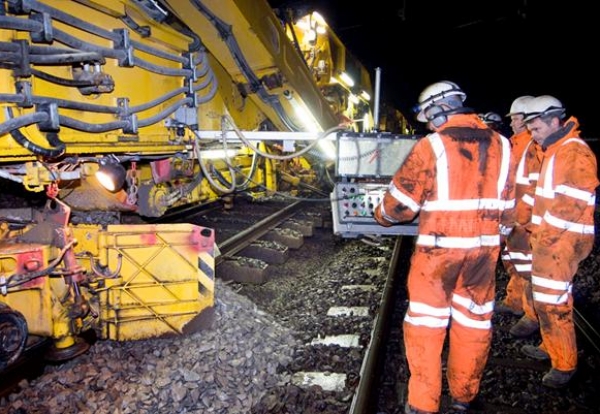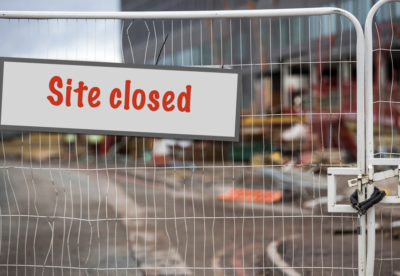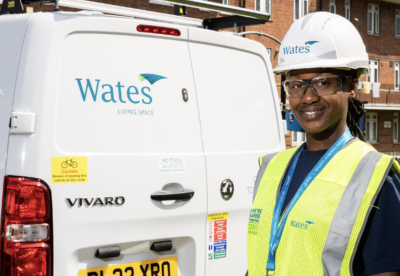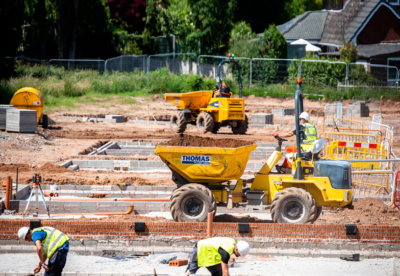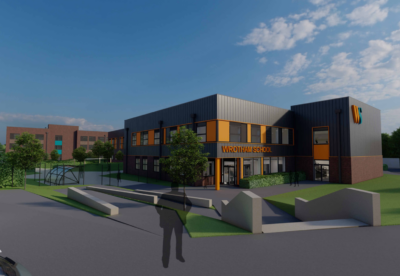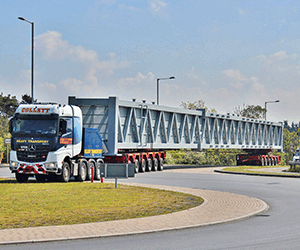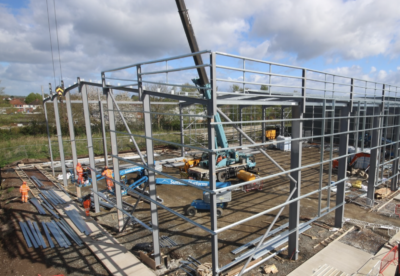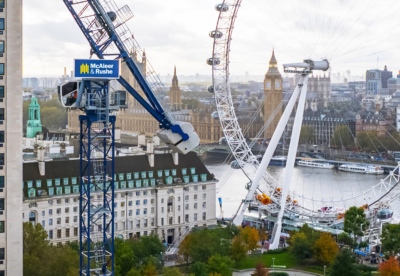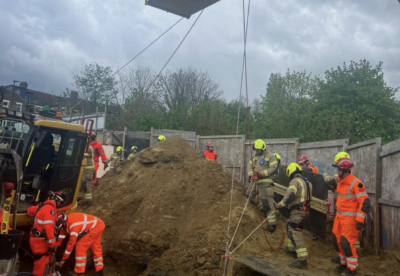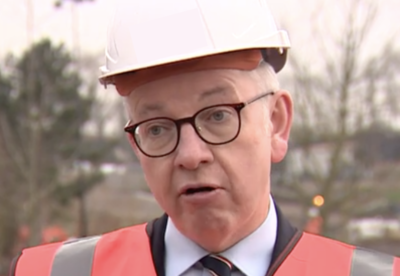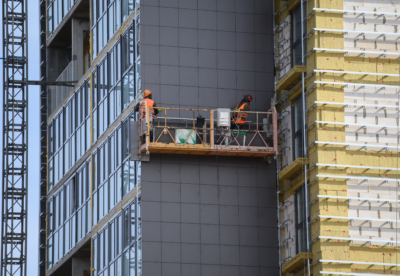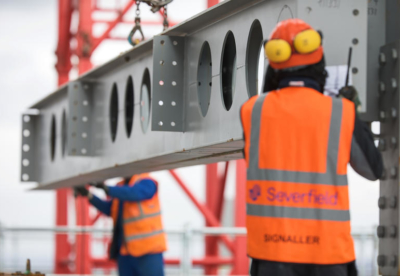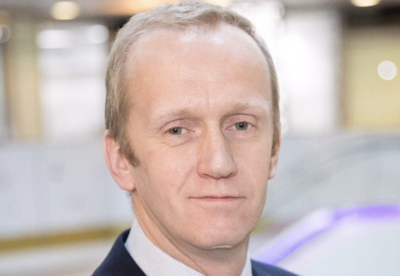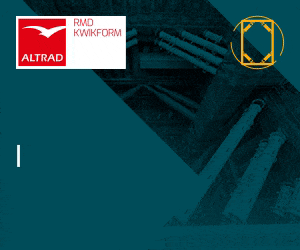The news came as it confirmed that “high output” track renewals work currently carried out under a £250m deal by AmeyCOLAS will be brought back in-house.
Network Rail track renewal winners
Plain line (conventional)
- Babcock: Western, Wales and Wessex / Scotland / LNW South – £200m over five years
- Carillion: LNW North / LNE and East Midlands – £100m over five years
- Colas: Kent and Sussex / Anglia – £75m over five years
Switches & Crossings
- Amey Sersa: North alliance (Scotland / LNE and EM / LNW North) – up to £400m over ten years
- Colas URS: South alliance (Anglia / Kent and Sussex / Western, Wales and Wessex / LNW South) – up to £400m over ten years
The firms will help renew more than 7,000km of track during the funding period.
Steve Featherstone, Network Rail track programme director, said: “Working with our delivery partners, we will deliver a massive programme of work to maintain, renew and enhance thousands of miles of track over the next five years, with the goal of providing a more reliable railway for passengers and freight.”
Network Rail also announced it will not be re-tendering the contract for the delivery of its national high output track renewals programme.
Instead it will be taking direct control by insourcing its principal contractor team currently employed by AmeyCOLAS when the existing contract expires in March 2015.
High output track renewals allow Network Rail to replace more and more track while allowing trains to run safely on adjacent lines, minimising disruption to services.
Featherstone said: “Our full-time, professional high output track renewals workforce is fundamental to delivering a safe, reliable railway.
“By creating a single team within Network Rail we can make step changes in training and development in order to further improve safety and productivity within this key part of the industry.”
High output track renewal involves large, automated ‘factory trains’ which are owned by Network Rail and typically each work five nights a week on the network.
The renewals are completed overnight with regular trains passing on adjacent lines.
Around 65% of all track replaced on the network is completed by the high output team.



.gif)



